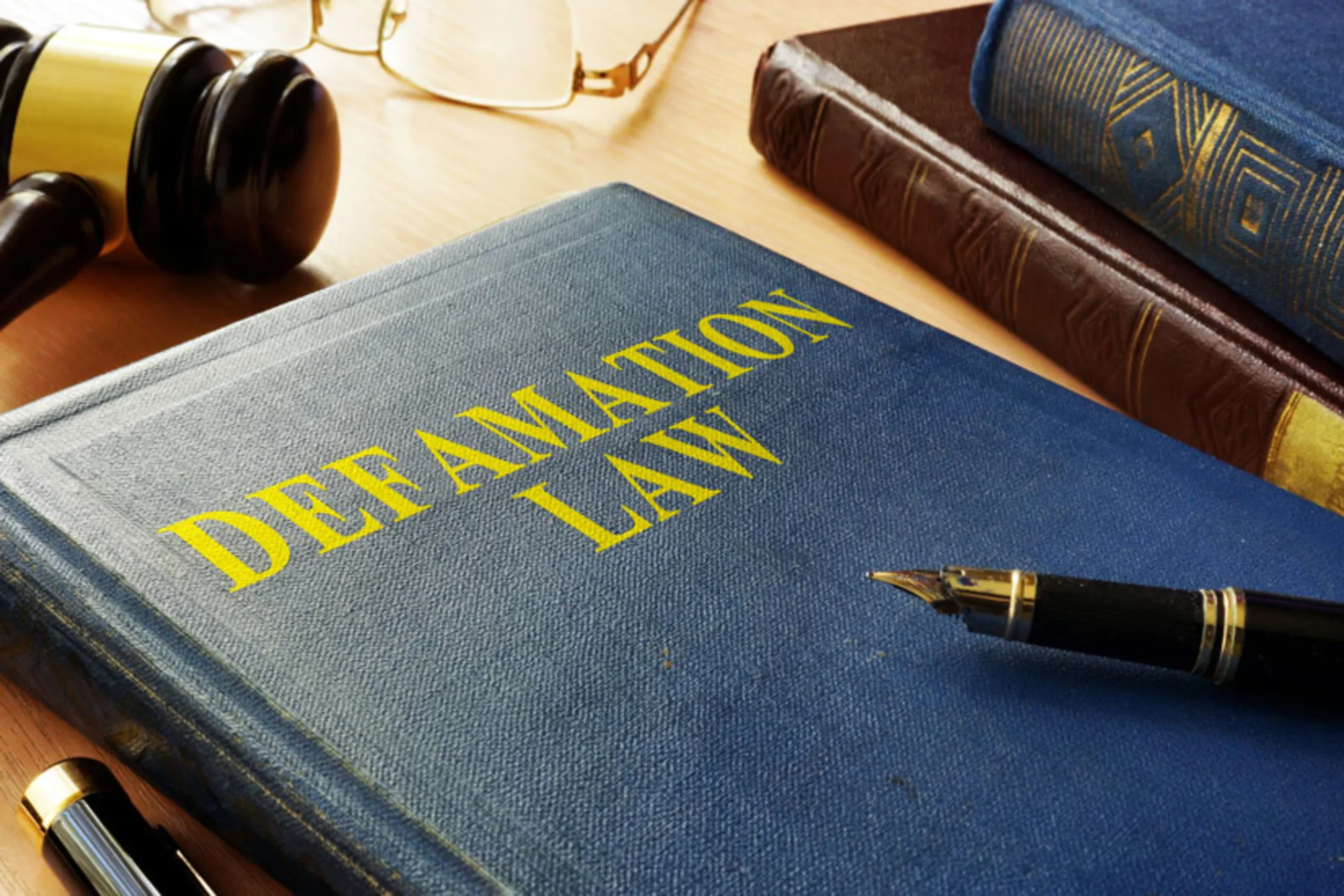In the digital age, social media has become a powerful tool for communication, business, and personal expression. However, in the United Arab Emirates (UAE), this freedom comes with clearly defined legal boundaries. As of May 29, 2025, a new media law has taken effect, tightening regulations around content creation, especially for influencers, businesses, and media platforms. If you’re a resident, visitor, or content creator, understanding UAE’s social media laws is crucial to avoid serious legal consequences.
At Naser Abdulla Almuharrami Advocates & Legal Consultants, our team of criminal defense lawyers and media law specialists is committed to helping individuals and businesses navigate the complexities of criminal law in the UAE.
Legal and Illegal Social Media Activities in the UAE (2025)
What’s Generally Prohibited
The UAE maintains a strong stance on maintaining public order, protecting individual dignity, and upholding national values. Under Dubai criminal law and the new media regulations, the following are strictly prohibited on social media platforms:
-
Defamation and Insult
Making defamatory statements, spreading rumors, or posting content that insults or harms someone’s reputation is a criminal offense. The law protects both individuals and businesses. If you’re accused, you’ll likely need a criminal defense lawyer Dubai to manage your case.
-
Privacy Violations
Sharing someone’s personal photos, videos, or information without consent can result in heavy fines or imprisonment. Even forwarding private messages without permission may be a violation under the criminal law.
-
Hate Speech and Discrimination
Any content that promotes racial, religious, or ethnic hatred is forbidden. This includes memes, jokes, or comments that might be considered offensive. Lawyers for criminal defense often see cases where users unknowingly crossed the line due to cultural misunderstanding.
-
Spreading Misinformation and Rumors
Publishing or reposting false news, especially about health, politics, or national security, is a criminal offense. Under crime and criminal law, even satire can sometimes be misinterpreted as fake news.
-
Disrespecting National Symbols and Values
Mocking the UAE flag, anthem, leaders, or foreign allies is not tolerated. Legal action may follow after these actions.
-
Promoting Criminal Activities
Encouraging drug use, theft, or violence, even in jest, can be prosecuted under UAE law and may require the assistance of a criminal lawyer due to the severity of the penalties.
-
Violations of Public Morals
Posting nudity, vulgarity, or violent content can breach public decency laws and lead to prosecution under criminal defense law.
-
Cybercrimes
Hacking, phishing, identity theft, and cyberbullying are punishable offenses. Victims and accused individuals alike are advised to consult a defence lawyer.
-
Infringement of Intellectual Property
Using copyrighted material; like music, videos, or photos, without permission violates Dubai criminal law.
-
Unlicensed Media Activities
As of 2025, influencers, bloggers, and online sellers must obtain a license to monetize their content. Failure to do so could lead to fines or suspension of activities.
-
Bypassing Blocked Content
Using VPNs to access blocked websites or promoting them is illegal.
-
Promoting Gambling, Pornography, or LGBT+ Content
These are explicitly banned under the criminal law in the UAE and could lead to prosecution.
What’s Generally Allowed (Within Legal Boundaries)
Despite the strict framework surrounding social media laws in the UAE, users still enjoy a level of freedom of expression as long as it aligns with the country’s cultural, religious, and legal expectations. Here are the types of online activities that are generally considered legal in 2025:
-
Freedom of Expression — Within Limits
Residents and citizens can share their opinions online, provided the content:
- Does not defame others or harm reputations.
- Respects religious and cultural sensitivities.
- Avoids topics that could incite public unrest, discrimination, or hate speech.
Expert criminal defense lawyers confirm that free speech is protected only to the extent it does not violate other federal laws, especially those governed by the criminal law in the UAE.
-
Promoting Positive and Respectful Dialogue
Social platforms are encouraged to be places of healthy, constructive communication. Users can:
- Share educational or motivational content.
- Promote tolerance, diversity, and positive thinking.
- Engage in respectful debate that does not cross into libel, insult, or incitement to hatred.
However, if a conversation escalates into online bullying or targeted harassment, it may fall under cybercrime offenses; in which case, seeking guidance from a criminal lawyer in Dubai is essential.
-
Sharing Personal Experiences or Lifestyle Content
Users, especially influencers and content creators, are permitted to:
- Share travel vlogs, product reviews, lifestyle updates, or family moments.
- Offer tips and advice in their area of expertise (e.g., beauty, health, fitness).
That said, if these activities are monetized, the 2025 media law now requires a valid media license issued by the National Media Office. Failing to comply can result in significant penalties and may require assistance from a lawyer for criminal cases.
-
Licensed Commercial and Influencer Activities
Businesses and influencers can legally promote their services and products online if:
- They are registered and licensed by the UAE authorities.
- Their content abides by public decency and intellectual property laws.
- They disclose paid partnerships clearly and avoid false advertising.
Unlicensed advertising or misleading the public about a product’s benefits could lead to criminal prosecution, where a criminal defense attorney may be required to defend against consumer fraud or deceptive trade practice charges.
-
Respecting Privacy and Data Protection
Social media users can post content that:
- Involves themselves or content they own.
- Is shared with clear consent from others shown or mentioned.
- Complies with the UAE’s data privacy rules.
Posting someone’s photo, voice, or location without consent is a violation of privacy law and may attract charges under cybercrime law. In such cases, individuals may need the support of an experienced criminal lawyer.
-
Reporting Violations Through Legal Channels
Users are encouraged to report:
- Online scams or impersonation accounts.
- Defamatory or obscene content.
- Cyberbullying or extortion attempts.
These complaints can be made to authorities through official channels such as the UAE Cybercrime Unit. Victims are advised to consult with a criminal defense lawyer to pursue legal action and protect their rights.
-
Following Platform Guidelines and Local Laws
All users must not only comply with UAE federal laws but also follow:
- Community standards of platforms like Instagram, TikTok, YouTube, and Facebook.
- Local content classification guidelines to avoid publishing restricted material (e.g., adult content, LGBT+ content, gambling ads).
Failure to follow either can result in account bans, content removal, or worse; criminal charges under UAE’s criminal law framework, especially for repeated or monetized violations.
Enforcement and Penalties
Violating social media laws in the UAE is no small matter. Here’s what to expect:
Fines
Penalties can reach up to AED 1 million (approx. $272,000 USD), especially for defamation, hate speech, or misinformation. Repeat offenses may double the fine. If you’re facing charges, an experienced criminal lawyer is essential.
Closure of Operations
Influencers or businesses operating without a license risk temporary or permanent closure of their platforms.
Criminal Prosecution
Certain violations; especially involving hate speech, fake news, or cybercrime, can lead to criminal charges, imprisonment, or deportation. Consult a criminal lawyer dubai or attorney criminal defense promptly if you face legal notice.
Need Legal Guidance?
If you’re unsure whether your online activity is compliant with UAE law, or you’ve been accused of an offense, don’t wait. Contact Naser Abdulla Almuharrami Advocates & Legal Consultants today to speak with an experienced criminal defense lawyer. We’re here to protect your rights and ensure you’re represented by one of the top criminal defense attorneys in Dubai.
Resources:






